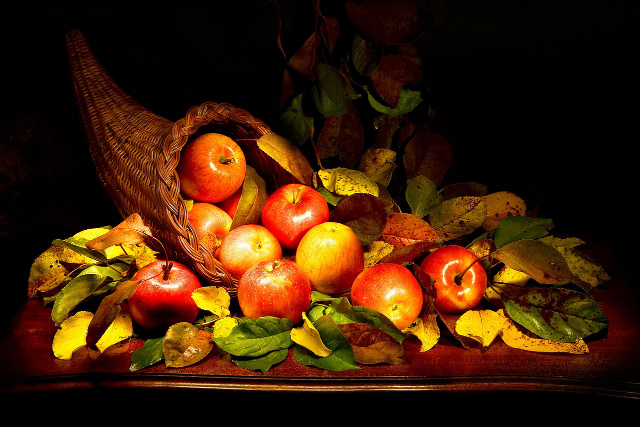
Much has been made of the methane emissions of livestock, but these are lower in biodiverse pasture systems that include wild plants such as angelica, common fumitory, shepherd’s purse and bird’s-foot trefoil because they contain fumaric acid – a compound that, when added to the diet of lambs at the Rowett Institute in Aberdeen, reduced emissions of methane by 70%. In the vegan equation, by contrast, the carbon cost of ploughing is rarely considered. Since the industrial revolution, according to a 2017 report in the science journal Nature, up to 70% of the carbon in our cultivated soils has been lost to the atmosphere. So there’s a huge responsibility here: unless you’re sourcing your vegan products specifically from organic, “no-dig” systems, you are actively participating in the destruction of soil biota, promoting a system that deprives other species, including small mammals, birds and reptiles, of the conditions for life, and significantly contributing to climate change.Tree's opinion is grounded in good authority. In addition to being an author, travel writer and hand around the family farm that she owns with her husband, environmentalist Sir Charles Burrell, she's also put the hours in to understand the science behind what farming, be it of livestock or crops, does to our planet. His most recent book, Wilding - the Return of Nature to a British Farm, focuses on her and Burrell's attempts to include rewilded land use to their property. Image via Pixabay
from Boing Boing

0 comments: